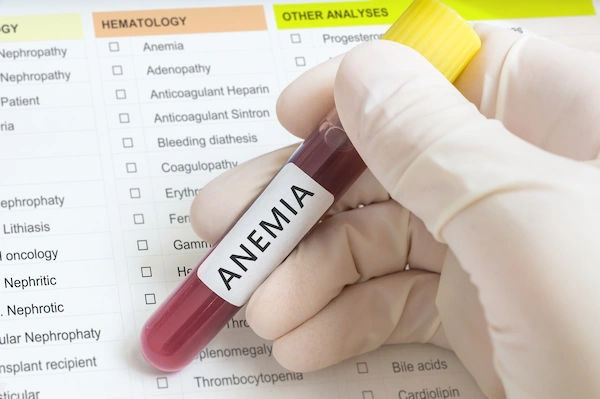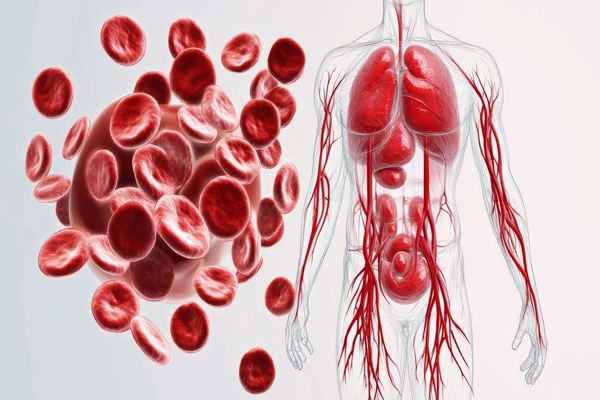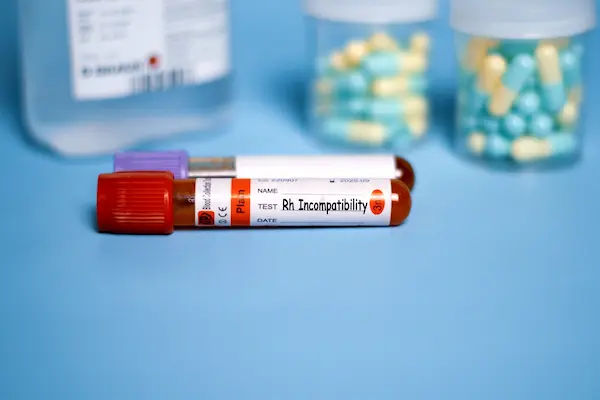- Male
- 67 Years
- 29/01/2025
I'm concerned about my mom, who's been on Orofer XT for the past year. She's 68, and her hemoglobin is at 9.3, but everything else in her CBC is fine, and her sugar levels are controlled. Should she keep taking the Orofer XT, or is it time to stop?
Answered by 1 Apollo Doctors
It is better to stop the medication , Advised complete blood count and physician review.
Dr. Kareemulla Suggests...
Consult a Haematologist
Answered 04/07/2025
0
0

More Haematology Health Queries
View allI'm really concerned about my recent blood test results that showed a high lymphocyte count of 3.65 and 42, as well as an increase in platelet size with high values for PDW, MPV, and PLCR. I'm worried about what these numbers could mean. Could there be a specific health issue causing these changes?
A high lymphocyte count (lymphocytosis) of 3.65 and 42% can be caused by various factors, including viral infections, chronic inflammation, autoimmune disorders, or blood cancers, while an increased platelet size (PDW, MPV, PLCR) may indicate a platelet disorder or a bone marrow response to inflammation or infection, so it's essential to consult a hematologist for further evaluation and diagnosis.
Answered by 1 Apollo Doctors
I'm seeing terms like "blast," "abn lympo," and "NRBC" in my CBC report, and I'm a bit worried about what they mean. I'm also experiencing body pain but no fever. What do these results indicate? I've attached my blood test report for reference. Can you help me understand if there's anything serious going on?
use medicine
Answered by 1 Apollo Doctors
So I recently got my blood test results back and a few things are standing out to me. My ESR is at 36, my hemoglobin is low at 10, and my eosinophils are at 7. Everything else seems to be within the normal range. I'm just wondering if there's something I should be concerned about or if there's any specific reason for these levels?
Congratulations on recovering from chickenpox. _Chicken Consumption After Chickenpox_ There's no specific restriction on consuming chicken after chickenpox. The name "chickenpox" is a misnomer, and the virus is not related to chickens. _Non-Spicy Chicken Soup_ You can have non-spicy chicken soup 24 days after the onset of chickenpox, as your blisters have dried up. _Pimples on Forehead_ The small pimples on your forehead might be a residual effect of the chickenpox virus or a separate skin issue. Monitor them, and if they persist or worsen,
Answered by 1 Apollo Doctors
Disclaimer: Answers on Apollo 247 are not intended to replace your doctor advice. Always seek help of a professional doctor in case of an medical emergency or ailment.




.webp)
